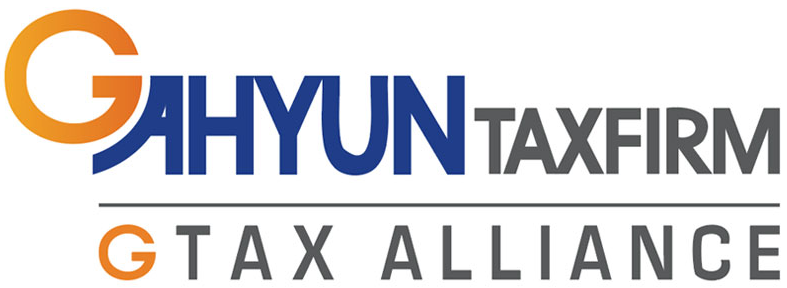
If you're considering launching a business in Korea, the initial step you'll want to take is obtaining a business license in Korea. We can categorize business licenses into two types: individual business licenses and corporate business licenses.
There are significant differences to consider, particularly in the representative'ss salary. Today, I'll provide an explanation of these aspects.
1)As an individual business owner, you have the flexibility to withdraw company funds at your discretion
In the case of an individual business owner, the business is wholly owned and operated by the representative of the business. This means that the representative has full control over the company's finances and can withdraw company funds at any time.
In essence, In an individual business, the owner typically does not get a salary from the business. Instead, they may take funds directly from the business's earnings.
The total business's earnings are considered personal income of representative and are subject to personal income tax.
The owner is responsible for managing the company's tax obligations, including declaring and paying taxes on thes earnings.
Therefore, any funds paid to the representative is not considered a business cost. This arrangement allows for flexibility in managing company finances, but it's important to note that, without hired employees, the business's income (sales - cost) may appear higher, potentially resulting in a higher tax burden for the representative.
2)In corporate business, the representative can receive funds through either a salary or dividend.
In the context of corporate businesses, it's important to recognize the distinction between the corporate entity and its representative. Even if you, as a shareholder, also serve as the representative, the corporate business is considered a separate legal entity.
Therefore, unlike individual business owners, when a corporate representative wishes to access corporate funds for personal use, they typically need to do so in the form of a salary or dividend distribution. Failure to adhere to this practice may result in tax penalties. Furthermore, if there are other shareholders in the corporation, such actions could lead to serious legal consequences.
Corporate taxes are assessed based on the corporate entity's income and are paid using corporate funds. The representative's tax obligations, on the other hand, are determined by their personal income which will be the salary from corporate and are not directly tied to the corporate income.
In essence, corporate representatives are recognized as employees of the corporation, and the salary paid to them is considered a legitimate business cost. This separation of personal and corporate finances is essential to maintain compliance with tax regulations.


Thank you for read my article! I hope it helps.
If you want to see more information about Korea tax and accounting, please follow us.
And if you need help for your tax filing or accountung or looking for CPA in Korea, don't hesitate to contace us

you can contact me through the information in the name card.




